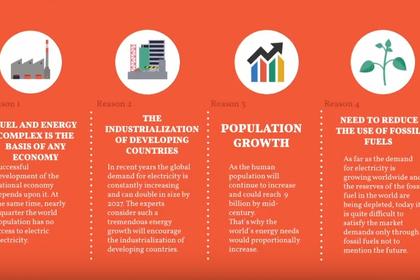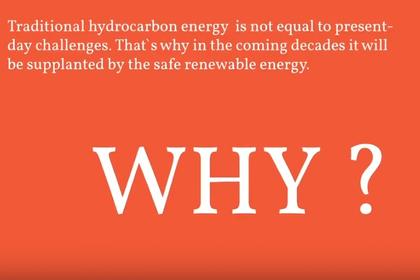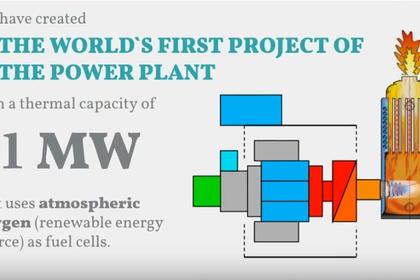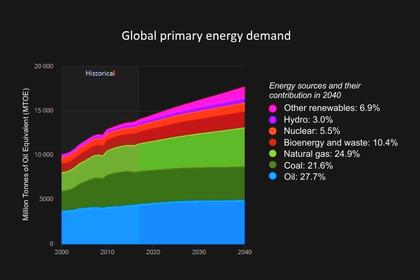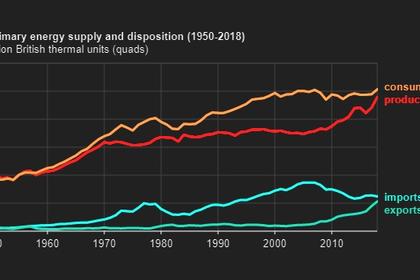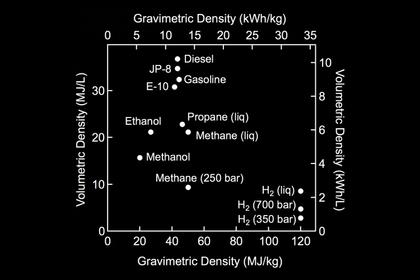
SOME PROBLEMS OF WORLD ENERGY. PART FOUR.

|
|
Aleksandr KostrytskyiOxygen power plant, "ION" Energy saving technology General Manager of the project "Oxygen Power Plant"
E-mail:anndress@ukr.net |
In three of our previous articles, we provided a simple analysis of various types of power generation, gave them a comparison with promising oxygen energy and described some of the problems of world energy.
In this, the fourth and last article of this cycle, we will focus on some of the global problems of world energy, some prospects for the use of oxygen energy that have not been voiced earlier, as well as address issues that would be beneficial for oxygen energy not to get implemented.
Please note that the widespread introduction of oxygen energy can solve not only environmental problems or problems associated with providing different consumers with cheap electricity anywhere and in the necessary quantities, but also a number of social problems:
1) The introduction of oxygen energy technologies will allow 3-5 times reduce the price of heat and electricity, which will expand the use of the benefits of electricity to virtually all people on Earth, regardless of their economic condition and their removal from the traditional onnyh energy sources.
2) Reducing the cost of energy will inevitably lead to a decrease in the cost of any goods, including food, which again is aimed at improving the living standards of the poorest segments of the world's population.
3) Saturation of the market with cheap energy will certainly lead to an increase in the production of food crops, as there will be no need to use the vast areas of arable land for the production of industrial crops, which are now used to produce biofuels. This will increase the area under the cultivation of food, which is again beneficial in terms of providing the world's poorest people with affordable food.
4) Reducing the cost of heat and electricity will lead to a significant reduction in the cost of utilities, which will have a positive effect on the budgets of settlements and on savings directly to the residents of these settlements, increasing their well-being.
5) A significant reduction in the cost of mechanical and electrical energy will lead to a significant reduction in the cost of transport services, primarily in sea and rail transport, and this will positively affect the cost of goods transported and the welfare of ordinary people using this transport.
6) The increase in the welfare of ordinary people, which will inevitably come due to lower energy costs, will increase their purchasing power. People will begin to acquire more other goods, and this will revive the world market.
7) Decrease in the level of extraction of natural minerals (fuel), which means the preservation of the earth from its ruin, with the subsequent costs of its recultivation.
8) Ensuring the availability of cheap energy anywhere on the globe will make senseless military and political conflicts that are increasingly occurring because of the desire to control sources of fossil fuels.
And from this it follows: The proposed project for the introduction of oxygen energy, can bring a significant increase in the welfare of all the inhabitants of the Earth.
So why can't oxygen energy get financing for its development? Why has the so-called proton energy industry been abundantly funded by governments of different countries for the past 40 years with zero result, and no money has been allocated for oxygen energy by anyone, although it has already proved its efficiency and effectiveness?
Do you believe that this happens through ignorance or misunderstanding? We doubt.
Today in the world, governments of different countries and various investment funds finance only those developments in the field of alternative energy that either cannot be implemented in principle (proton energy) or, due to their low efficiency, cannot create tangible competition from hydrocarbon energy. We checked it out on our own experience.
But why is this happening?
In previous articles we already wrote that hydrocarbon energy, including motor vehicles, is more than 10 trillion dollars in annual turnover. These are traffic flows through different countries. This is not energy - this is big politics.
The resistance of the owners of hydrocarbon energy to the introduction of new and efficient alternative energy sources is understandable.
Arab sheikhs and other owners of hydrocarbon energy have become incredibly rich over the past 50-60 years. Before that, they were poor owners of donkeys and camels, who in a few years had moved to luxury limousines and private planes with golden stairs and toilet bowls, and now they really do not want to change back. Of course, they will by all means resist the introduction of competitive energy.
But, as we already wrote earlier, a natural question arises, why do democratic governments of various countries, including Europe and the USA, also keep to the energy sector of hydrocarbons? The answer is simple - they all have their own interest and their share in the extraction, transportation, processing and sale of these energy resources.
Take not only the Arab countries or Russia. Take Canada or, for example, the USA. These countries are also the leaders of hydrocarbon energy, which brings them huge revenues and political influence in the world.
In fact, it is not only economically beneficial to redistribute energy resources. This and additional control of the population of their own countries - after all, a person who is independent of any external energy sources is more difficult to manage. And, of course, energy is a big policy, because of which developed “democracy” overthrows the governments of the countries, killing hundreds of thousands of people and turning millions of citizens of these countries into refugees. A good confirmation of this is Iraq, Libya, Syria, and today it’s Iran’s turn. They will ascribe to it the creation of a nuclear weapon, will bomb it, take its hydrocarbons under control, and then they will say - sorry, Iran did not have nuclear weapons, we were mistaken and very sorry about that, but we can’t return anything.
Notice how the United States wanted to change the government of Venezuela. And why - for the sake of democracy? And if in Venezuela there were no huge reserves of oil, would anyone be interested in democracy in this country?
Nearby is Colombia - the main producer of drugs that poison millions of people every year, including Americans. But have we heard from at least one US president that in Colombia it is necessary to overthrow the government and implant democracy? So, as long as no oil or gas deposits are found in Colombia, the Colombian drug mafia can be calm - no one will touch it.
Therefore, the governments of different countries only pretend that they support developments in the field of alternative energy, limiting themselves only to the energy of the sun and wind and are well aware that these types of energy - for various reasons - never constitute a real competition for hydrocarbon energy. But, they have their part of PR, they say, look, we support alternative energy and in this way we struggle with environmental pollution, but this is not very successful. But we are not to blame. Blame scientists who can not solve this problem. But real scientists who know how to solve this problem have no money for its practical solution.
After all, real scientists do not sit on the flow of oil and gas dollars and do not print them. This is the main problem of Earth civilization today.
As mentioned earlier, almost any type of energy generation that exists today is either harmful to a person, or on the verge of extinction, or deadly in the event of an accident or power unit being decommissioned. And this is not to mention the huge costs of creating power generation facilities and ensuring its constant generation (operating costs).
If we consider the main types of energy generation, it becomes clear that a person, increasing his energy power due to their development, is digging a hole for himself, and condemning his descendants to death or genetic degeneration.
But we are interested in the opinion of ordinary people who are not associated with hydrocarbon or nuclear energy or with the production of solar batteries and concentrators. What is more important for you - so that the incomes of energy companies and the political ambitions of the governments of your countries would grow enormously, but at the same time you will be poisoned by the toxic waste of traditional energy, and your children and grandchildren will have hoofs and tails?
Or the ambitions of your rulers, and the military spending of your countries will be less, but you will have cheap energy and products, you and your children will breathe clean air, eat clean products and drink clean water and, at the same time, have good health?
When you decide on the answers to these questions concerning you personally and your family members, then you will be able to speak on global topics related to world energy and ecology.
-----
Earlier:
